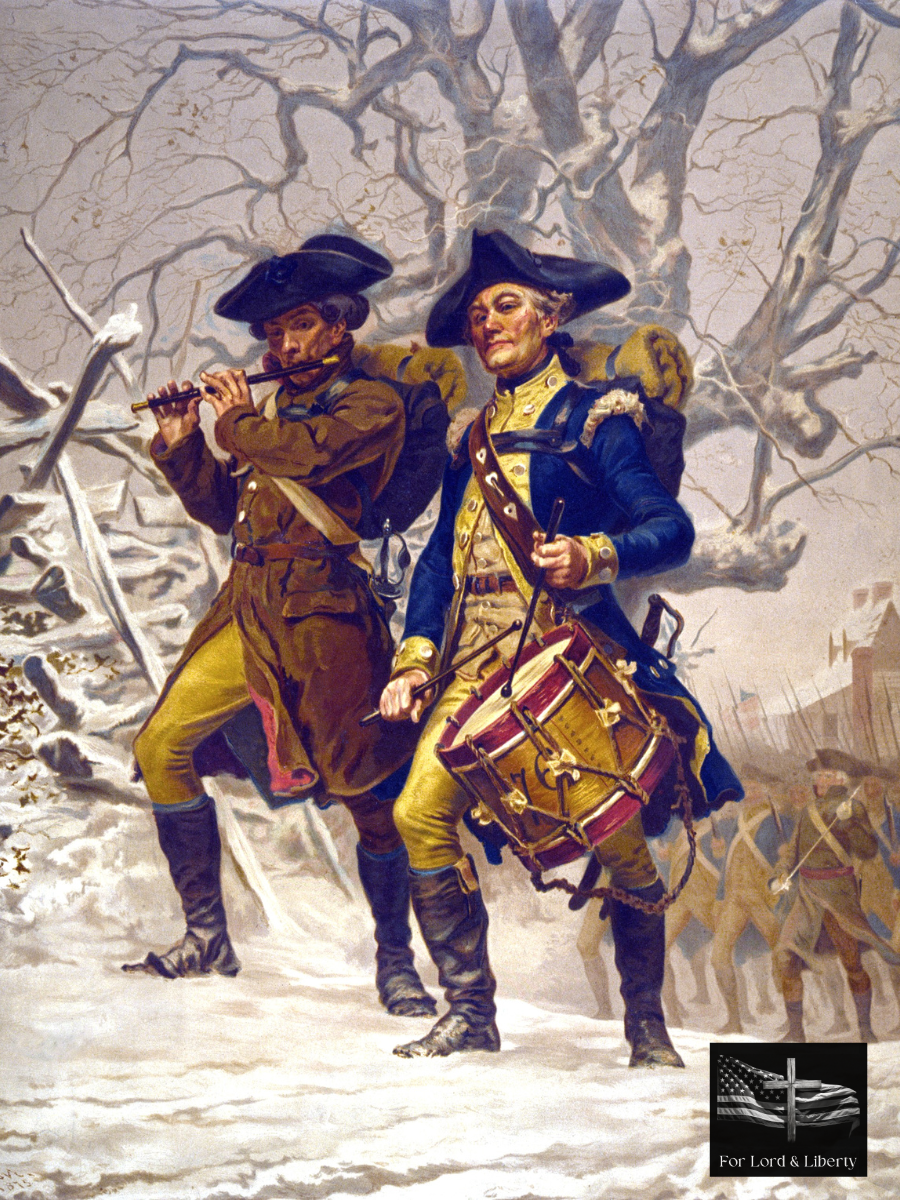
British Colonial Policies Post-1763: The Road to Revolution
Share
At For Lord & Liberty, we believe that faith and patriotism are the bedrock of a resilient nation. Our mission is to educate people about the profound history of biblical teachings and American history. Today, we turn our attention to a pivotal period that sowed the seeds of revolution: British colonial policies after 1763.
The End of the French and Indian War: A Turning Point
The year 1763 marked the end of the French and Indian War, a significant conflict that reshaped the political landscape of North America. The British victory came with vast territorial gains but also with substantial debt. Britain implemented a series of colonial policies that profoundly affected the American colonies to offset the war's financial burden.
The Proclamation of 1763: Controlling Expansion
One of the first significant policies was the Proclamation of 1763. This decree prohibited colonial expansion west of the Appalachian Mountains, aiming to prevent further conflicts with Native Americans. While intended to stabilize the frontier, it frustrated colonists eager for new land and opportunities.

The Sugar Act and Stamp Act: Taxation and Representation
In 1764, the British government passed the Sugar Act, which imposed duties on sugar and other goods imported into the colonies—this act aimed to curb smuggling and raise revenue. The following year, the Stamp Act mandated that many printed materials in the colonies carry a tax stamp. This direct tax affected a broad segment of the colonial population, from merchants to lawyers and journalists. The outcry against the Stamp Act was immediate and intense. Colonists argued that it violated their rights as Englishmen, encapsulated in the rallying cry "no taxation without representation." The widespread protests and boycotts eventually led to the Act's repeal in 1766, but the stage was set for ongoing conflict.
The Townshend Acts: Renewed Tensions
In 1767, the British government introduced the Townshend Acts, imposing duties on common imports like tea, glass, and paper. The revenue from these duties was intended to pay the salaries of colonial governors and judges, thereby asserting British control. The colonists responded with a new wave of protests and boycotts, further straining relations.
The Boston Massacre: A Flashpoint
Tensions reached a boiling point in 1770 with the Boston Massacre. British soldiers fired into a crowd of colonists, killing five. This incident fueled anti-British sentiment and was used as powerful propaganda by colonial leaders, further galvanizing public opinion against British rule.
The Tea Act and Boston Tea Party: Defiance and Repression
In 1773, the British government passed the Tea Act, designed to rescue the struggling British East India Company by allowing it to sell surplus tea directly to the colonies at a lower price. Colonists saw this as another example of taxation tyranny. They responded with the Boston Tea Party, where members of the Sons of Liberty dumped an entire shipment of tea into Boston Harbor. The British response was swift and severe. The Intolerable Acts 1774 aimed to punish Massachusetts and assert greater control over the colonies. These measures included closing Boston Harbor and revoking the Massachusetts Charter, further inflaming colonial resistance.
The First Continental Congress: Unity and Resistance
The Intolerable Acts prompted the colonies to convene the First Continental Congress in 1774. Representatives from twelve of the thirteen colonies met in Philadelphia to coordinate their responses. This congress marked a significant step toward colonial unity and collective action against British policies.
The Path to Revolution
The series of British colonial policies post-1763 played a crucial role in escalating tensions between Britain and the American colonies. Each policy, from the Proclamation of 1763 to the Intolerable Acts, contributed to a growing sense of injustice and desire for self-determination among the colonists.
At For Lord & Liberty, we believe that understanding these historical events is essential to appreciating the values of faith and patriotism that define our nation. The road to revolution was paved with challenges and sacrifices, and it is through studying this history that we honor the legacy of those who fought for liberty. Join us as we explore the rich history of America's journey to independence. Stay tuned for more insights and stories that connect the past to our present, reinforcing the timeless principles of faith and patriotism!
